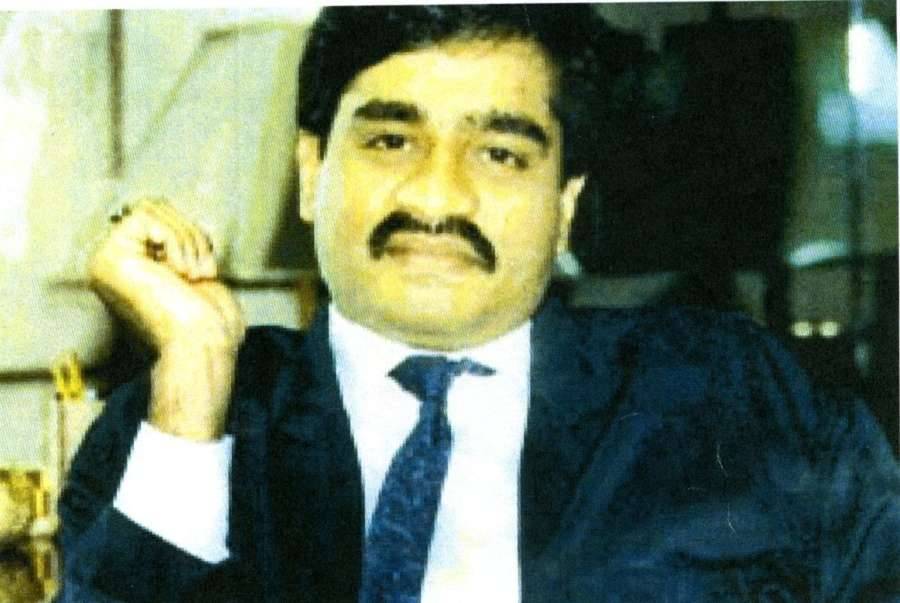A set of connections between organised crime, government authorities, and terrorist organisations does raise the specter of the possibility of large-scale finance and real concerns if they move into weapons of mass destruction.” ….writes Sanjeev Sharma
The nexus between fugitive gangster Dawood Ibrahim and terrorist organisations, and the nuclear arms black market run by Pakistani nuclear scientist A.Q. Khan, had become the source of concern in the US Senate hearings in 2009 after the 26/11 Mumbai terror attacks.
During the hearings at that time on the lessons learnt from Mumbai attacks for the US, Senator John McCain was told that the danger is that terrorist organisations within Pakistan might be able to obtain the nuclear weapons that everybody knows Pakistan has.
To this, McCain, a counter-terrorism expert, replied, “I think it is a real concern. We do receive regular reassurances from the Pakistani authorities that they have the nuclear weapons under tight control, but one does worry.

“When we look at the nexus in Pakistan between organised crime figures like Dawood Ibrahim and terrorist organisations, and we look at the black markets that were created to support Pakistan’s own nuclear programme through A.Q. Khan, I mean, this is a set of connections between organised crime, government authorities, and terrorist organisations that does raise the specter of the possibility of large-scale finance and real concerns if they move into weapons of mass destruction.”
“I don’t want to exaggerate the threat because I still do believe that terrorists get a tremendous amount of mileage out of doing low-tech things without attempting to do some of the more technologically challenging things, and the Mumbai attacks were, as I mentioned before, an example of basically small-unit infantry tactics that paralysed a city of 20 million people for the better part of threedays.”

On Pakistan’s response to rein in terrorists, he said, “We do have the reality that the civilian elected government’s authority over the Pakistan military and intelligence services is limited. So we can keep on pressing them, as we should, but I think we have to accept that this is going to be a long-term diplomatic slog before we really can enlist Pakistan as being fully cooperative against terrorism.”
“And, by the way, the problem didn’t begin with this government or even the previous government. It was recognised by the National Commission on Terrorism in 1999 and 2000 that Pakistan was not fully cooperating against terrorism,” the experts added.
On cooperation not forthcoming from the Pakistani government or military, the experts said, “Pakistan has been somewhat schizophrenic. At times, it has tried to make deals in some of these turbulent areas and negotiate ceasefires. That hasn’t worked. At times, it has gone in with military force, and its own forces haven’t fared well. We think we can do a lot more in terms of creating with military assistance some new relationships and a long-term effort to create some new capabilities. We have put billions of dollars into this and it is slow going.”

Leave a Reply